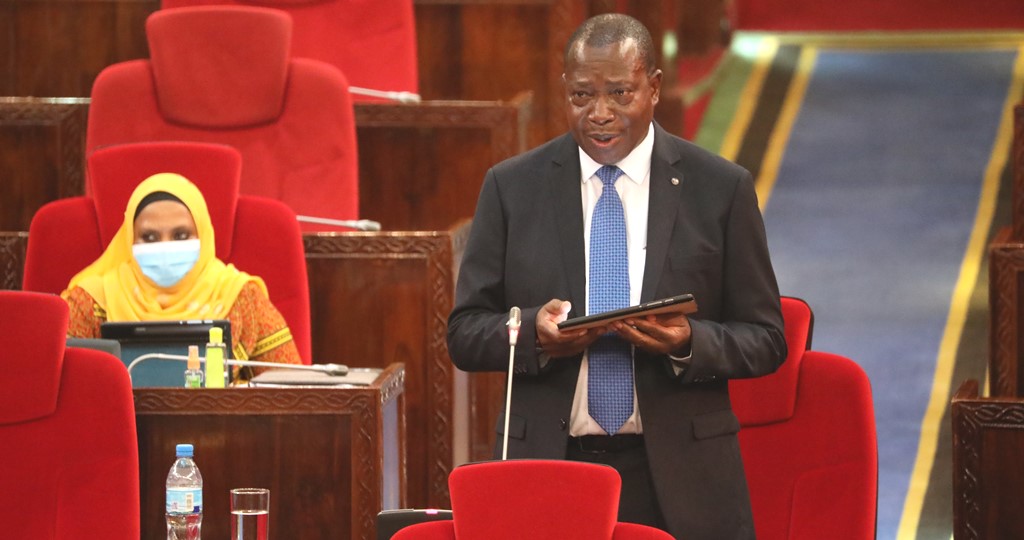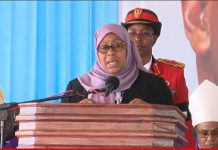AfricaPress-Tanzania: TANZANIA’S economy is on an impressive track, registering an average of 7.0 percent growth for the second year in a row since 2018.
This was said by the Minister for Finance and Planning, Dr Phillip Mpango in Parliament here yesterday, while tabling the12.39trn/- budget estimates and expenditures for the fiscal year 2020/2021.
The performance puts Tanzania behind Rwanda that recorded a GDP growth rate of 9.4 per cent, and ahead of Kenya and Uganda that registered 5.6 and 4.9 per cent, respectively.
Dr Mpango attributed the achievement to a series of restructuring of monetary and fiscal policies that included an effective implementation of business blueprint, provision of short-term loans to commercial banks, buying foreign currency from the domestic market and reducing legal rates of deposit required by the central bank for commercial banks from 8 to 7 per cent.
“We have increased the base for banks to use deposits at the central bank from 10 to 20 per cent as well as paying outstanding debts for bidders, contractors and service providers,” he said adding: “The government has improved the time of issuing funding for strategic projects outlined in the national five-year development plan ending 2020/21.”
He explained that the government was finalizing an analysis and assessment of the impact brought about by the Covid-19 pandemic on different sectors of the country’s economy.
According to the minister, the report will enable the government chart strategies and workable action plans to mitigate immediate, medium and long term effects of the pandemic on the economy.
Technically, the finance and planning minister highlighted that the mining sector leads other sectors, contributing 17.7 per cent in the economy.
The long time champion construction sector comes second, contributing 14.1 per cent while arts and entertainment as well as transport and logistics sector followed with 11.2 and 8.7 per cent, respectively.
The ministry projected, however, that due to the impact of coronavirus, the GDP growth will be 4.0 per cent in 2020 with the inflation rate remaining at the single-digit level.
According to Dr Mpango, the government budget deficit will reach 2.8 per cent being contributed by 14.5 domestic revenue and 12.5 per cent in tax revenue.
Although it was not detailed which team was behind the review of the impact of the Covid-19 pandemic, Dr Mpango assured that the National Bureau of Standards (NBS) will institute measures to ensure figures on trends of the economic impacts are delivered to the government and other stakeholders on time.
Although Tanzania did not impose lockdown measures, the global lockdown and the post lockdown social distancing measures imposed to limit the spread of the novel virus had immediate and medium-term impacts on the country’s economy.
The sectors include agriculture, industries, services, tourism, construction, real estate and retail trade, among others.
The ministry of tourism and natural resources, for instance, projected last week that it could face its worst fiscal crisis in history because of the coronavirus pandemic, with massive job losses and an estimated 2.5trn/- decrease in revenue collections.
Minister for Tourism and Natural Resources, Dr Hamisi Kigwangalla predicted that nearly 500,000 or 477,000 people will become jobless in the tourism industry by October 2020.







